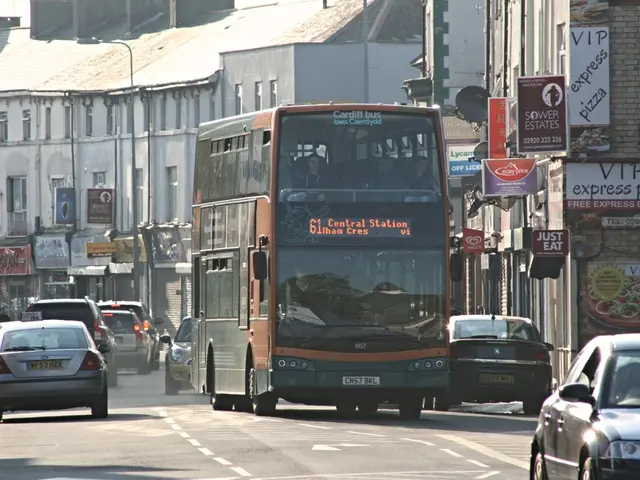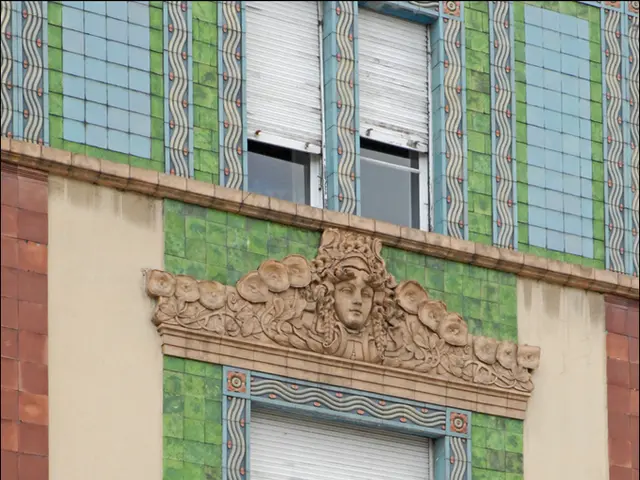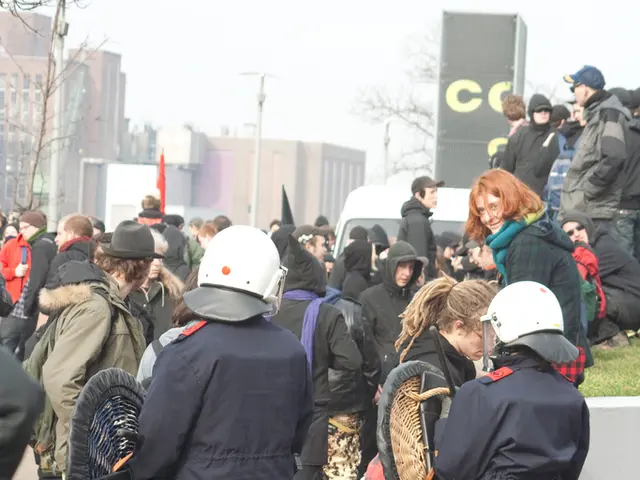Bangladesh Aims to Strengthen Democracy Ahead of Elections
Bangladesh, home to around 55 registered political parties, is aiming to fortify its democratic culture in anticipation of upcoming national elections. While only 18 parties signed the July Charter, the country acknowledges that inclusive politics and tolerance are indispensable for economic progress and long-term stability.
Bangladesh's political scene is diverse, yet women and minorities remain underrepresented. To cultivate a more inclusive democracy, the country must tackle power imbalances post-elections and ensure fairness, pluralism, and respect for minority rights. Recent political dialogues have revolved around democratic reforms, with the transitional government navigating relations between India and China.
Economic stability in Bangladesh hinges on political stability and inclusive democratic practices. However, entrenched economic and cultural marginalisation presents challenges. Public perception plays a pivotal role in shaping democratic practices, making free and fair elections crucial for the country's progress.
As Bangladesh gears up for national elections, the focus is on ensuring a free and fair process. This will necessitate addressing underrepresentation, power imbalances, and marginalisation to foster a more inclusive democracy. The country's economic stability and long-term progress depend on successful democratic reforms.
Read also:
- American teenagers taking up farming roles previously filled by immigrants, a concept revisited from 1965's labor market shift.
- Weekly affairs in the German Federal Parliament (Bundestag)
- Landslide claims seven lives, injures six individuals while they work to restore a water channel in the northern region of Pakistan
- Escalating conflict in Sudan has prompted the United Nations to announce a critical gender crisis, highlighting the disproportionate impact of the ongoing violence on women and girls.







